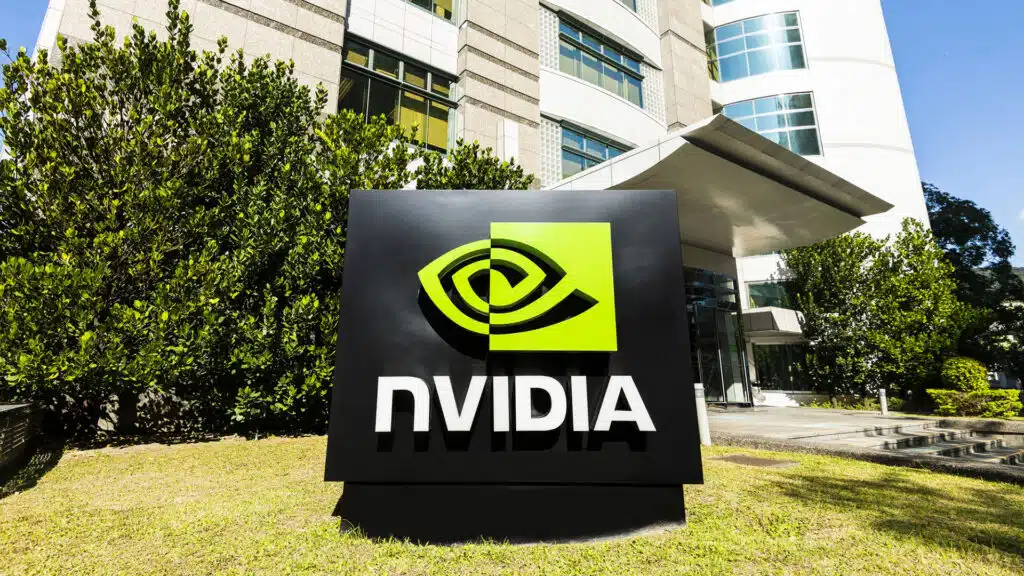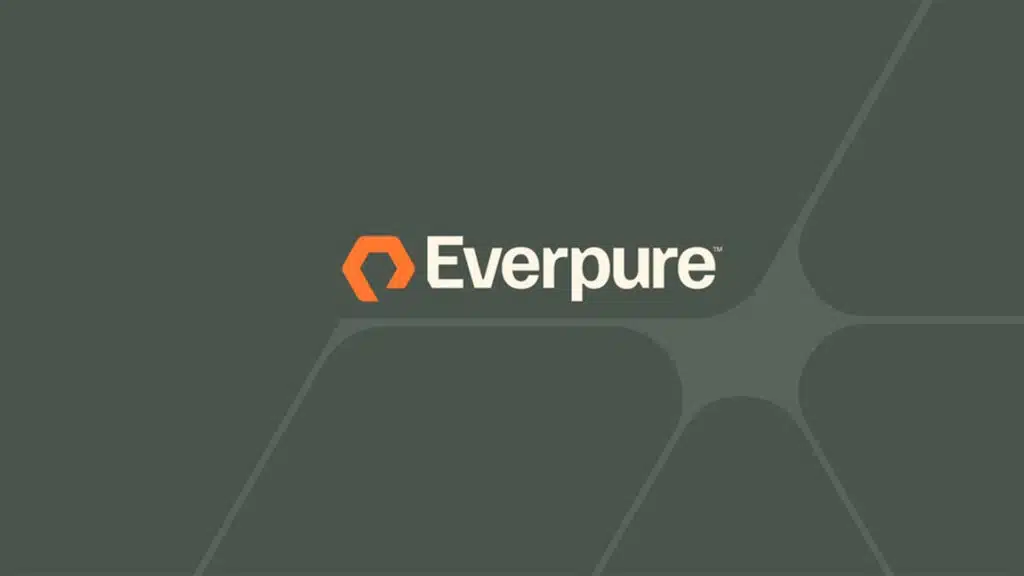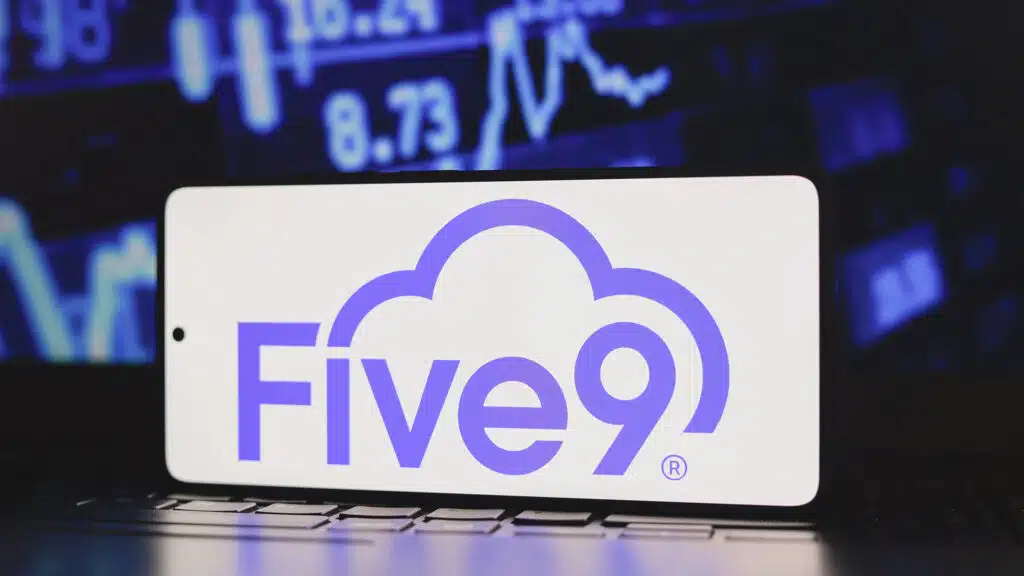The News: Google’s recent advancements in AI, its implications for various products and services, and the company’s commitment to AI continue to shape the future of Gemini and more. Google’s strategic investment in AI technology has enhanced its core Search functionality and promises additional growth. Still, it has also permeated its Cloud and Workspace services and its subscription platform, Google One.
Google Gemini Aims to Redefine Digital Frontiers
Analyst Take: The introduction of the Gemini era marks a milestone in Google’s AI journey, delivering a new state-of-the-art in text, image, audio, and video processing benchmarks. Beyond the advancements in model performance, Gemini represents a holistic ecosystem supporting billions of users worldwide and providing essential tools and platforms for developers and businesses to innovate. Read the blog on Google’s website. And see my colleague, The Futurum Group’s Mark Beccue’s research note for additional coverage on Google Gemini announcements.
What Was Announced
The announcement of the Ultra 1.0 model, capable of surpassing human experts in massive multitask language understanding, is a testament to Google’s efforts in pushing the boundaries of AI capabilities. By integrating Ultra into its products and making it accessible to the broader community, Google aims to democratize AI further and foster groundbreaking advancements across diverse domains.
Overall, Google’s strides in AI, exemplified by the Gemini era and the deployment of Ultra 1.0, underscore its relentless pursuit of innovation and its commitment to making AI more helpful and accessible to everyone. As Google continues integrating AI across its ecosystem, the possibilities for transformative experiences and technological breakthroughs appear limitless.
Google’s announcement of the Gemini Advanced marks a pivotal moment in the evolution of its AI capabilities, particularly in user interaction and accessibility. Formerly known as Bard, the newly christened Gemini represents a significant upgrade, reflecting the advanced technology embedded within its core functionalities. With a focus on enhancing user experiences and expanding accessibility, Gemini is poised to revolutionize how individuals interact with AI-powered applications.
The transition from Bard to Gemini is not merely a significant move; it signifies a shift towards a more streamlined and inclusive platform. Available in 40 languages on the web and soon to be accessible via a dedicated Gemini app on Android and the Google app on iOS, Gemini promises to deliver a seamless and immersive AI experience across multiple platforms and devices.
The introduction of Gemini Advanced, equipped with the powerful Ultra model, allows for a new focus on AI-driven capabilities. This enhanced version of Gemini expands reasoning abilities, adeptness at following instructions, coding proficiency, and a knack for creative collaboration. Its versatility is exemplified by its potential to serve as a personalized tutor, catering to individual learning styles, or as a creative partner, facilitating content strategy development and business planning endeavors.
Gemini Advanced’s expanded functionality allows users to seek personalized and impactful AI-driven assistance. Whether it’s guiding users through complex coding tasks, providing tailored educational support, or aiding in the conceptualization and execution of creative projects, Gemini Advanced stands as a testament to Google’s commitment to innovation and user-centric design.
Users can subscribe to the new Google One AI Premium plan to access the full suite of Gemini Advanced features. This premium offering consolidates Google’s AI capabilities into a comprehensive package, providing users access to a wide array of advanced features and functionalities. Building upon the success of the Google One service, which offers expanded storage and exclusive product features, the AI Premium plan represents a strategic move towards integrating AI-driven solutions into users’ daily lives.
Looking Ahead
The launch of Gemini Advanced and the accompanying Google One AI Premium plan underscores Google’s dedication to democratizing AI and making advanced technological capabilities accessible to all. By leveraging AI to enhance user experiences and streamline workflows, Google empowers individuals to achieve more, innovate faster, and unlock new realms of creativity and productivity.
Google’s initiative to expand Gemini’s capabilities across a spectrum of products further solidifies its commitment to advancing AI technology. Gemini models are set to permeate key platforms such as Workspace and Google Cloud, transforming how users interact with technology. In Workspace, the transition from Duet AI to Gemini for Workspace promises heightened productivity and creativity, with features like Help Me Write already is used by over 1 million users, according to Google. With Gemini’s integration into Gmail, Docs, Sheets, Slides, and Meet, consumers with the Google One AI Premium plan can leverage AI to streamline communication and collaboration effortlessly.
Similarly, Google Cloud customers stand to benefit immensely from the integration of Gemini into their workflows. With Gemini’s arrival in Google Cloud, developers can expect accelerated development cycles, organizations can fortify their defenses against cyber threats, and businesses can unlock new opportunities for innovation and growth. The expansion of Gemini’s capabilities underscores Google’s commitment to democratizing AI and making advanced technological solutions accessible to a broader audience. As Gemini continues to increase across diverse platforms and use cases, its impact on productivity, collaboration, and security is poised to redefine the boundaries of what’s possible in the digital age, ushering in a new era of innovation, efficiency, and empowerment.
Disclosure: The Futurum Group is a research and advisory firm that engages or has engaged in research, analysis, and advisory services with many technology companies, including those mentioned in this article. The author does not hold any equity positions with any company mentioned in this article.
Analysis and opinions expressed herein are specific to the analyst individually and data and other information that might have been provided for validation, not those of The Futurum Group as a whole.
Other Insights from The Futurum Group:
Application Development and Modernization
The Evolving Role of Developers in the AI Revolution
Revolutionizing Cloud-Native Apps through WebAssembly Development
Author Information
With over 25 years of experience, Paul has a proven track record in implementing effective go-to-market strategies, including the identification of new market channels, the growth and cultivation of partner ecosystems, and the successful execution of strategic plans resulting in positive business outcomes for his clients.







